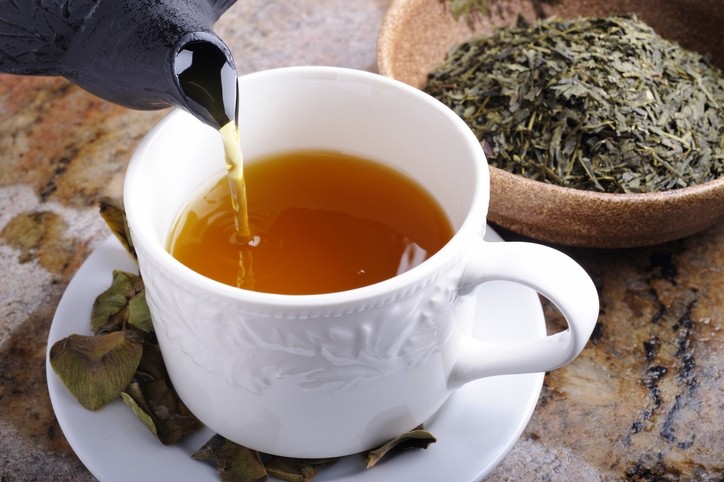Shimbo Pastory
This article was published in The Citizen Newspaper – Tanzania, on 14th December, 2021
I came across the Book of Tea for the first time three years ago. I have read it several times now, and in all instances, I learnt a new thing.
The inspiration in The Book of Tea is drawn from a simple reality of everyday life, “tea”; the “tea” many of us take to begin our day, to occupy ourselves.
I have never thought that such a simple reality of life, a minor undocumented detail of life can have overwhelming life lessons. This was the undertaking of the Japanese author Kakuzō Okakura in the premiers of the past century.
Why “tea”?
Tea is not a mere beverage; this is because it functionally connects with ethics, religion, and social order. When a child is taught well to manage “tea”, s/he will be able to manage and grow with morals and discipline as is desired by the society in which s/he is groomed.
There is no greater investment in life than mastery. This is the ultimate goal of learning. But this mastery, be it in the art of skill, is not attained without mastery of the self, which today we will learn as mastery of the ‘tea’.
Our entire life revolves around tea, that is, tea drank in the cup of humanity, as the first chapter of ‘The Book of Tea’ goes. The school of thought and trend of deliberations ignited by Okakura’s work is called Teaism.

Tea teaches us that life is a journey of constant re-adjustment, one lesson that many young people today have not had an opportunity to learn.
Can they make Tea?
Preparation of tea requires time. Tranquillity is indispensable.
This is all that life needs, no rushing, patient waiting, seizing the moment with a firm grip and allowing it to mature and bring out the best of itself.
Teach your children not to rush things, to wait, to hang on patiently, to let situations boil, for that is how good things are made; just as how good tea is made.
Do they have any tea?
“What is tea like?” Tea is identified by its nice aroma, taste, and colour. Let the children know their tea. Let them serve it nicely to society, being good, and presenting the best of what is desired.
Teach them to maximise the utility of the resources invested to help them do their best. They cannot be any better tea without that attitude.
Tea gives all it has to the world, returns warmth to the skies, and the aroma to the surroundings, and is always consumed to the very last drop. There is a lesson of gratitude here.
We all have something to give in return, to each other, to our parents, and the Transcendental One.
Good tea receives sugar for taste, but it won’t unite with sugar for the moment. It takes the sugar and whatever is added to it to make itself the best inseparable recipe that can be possibly made.
Do they have too much tea?
Tea does not boil in the cup. This is because the cup is not meant for that. Teach the children not to have “too much tea.” This means not to seek excess things, for they will pour out and stain the alleyway.
Excessive aspirations ruin the possible and positive outplay of one’s capabilities and talents. Teach them to defy corruption as they struggle to make ends meet.

Teach them to control and contain their rage. This is what teacups do. There should be no abuses of the heat and ingredients invested in making them better tea in the cup of humanity.
Teach them that they can do well even in desperate situations; teach them to take time for the air to blow over their tempests so that their tea remains safe. Tranquillity is the honour of a cultured person.
Meanwhile, tranquillity does not mean idleness. The young ones ought to learn from tea how to exploit the potentials borne in them before they are blown by the passing winds.
Dutifulness and diligence are winning cards.
Can they be tea masters?
The image of a tea master has mastered the art of contentedness, necessary aesthetics, self-control, self-respect, and the drive to be what one is meant to be. We need to make our young people ‘tea masters.’
Just as good humour or a genuine smile; fresh, earthy and tasty tea is a spice of life.
Crimes, poverty, negligence, exaggerated autonomy, impropriety, low self-esteem, vulgarity, being carried away by whims of the moment, group/peer pressures and addictions among young people can all be prevented and remedied by making them tea masters.